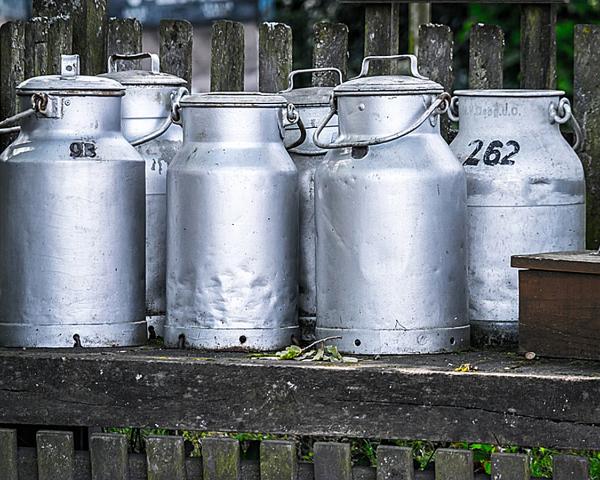Russia remained dependent on imports of milk and salt

Domestic producers of milk and salt could not keep within the parameters of the state doctrine of food security in 2016.
The report of the Ministry of Agriculture says that the share of domestic milk and dairy products in the total volume of goods on the market amounted to 81.5%, although 90% was planned. The share of Russian salt was 64.2%; it was planned to 85%.
According to the FCS, by the end of 2016 the import of salt and milk has increased. If in 2015 the country imported 1.76 million tons of salt, in the past - 1.8 million tons. Imports of milk and products from it also increased from 901 thousand tons to 942 thousand tons.
"In order to substantially increase the production of milk, there are not enough funds in the country," said Lyudmila Manitskaya, Executive Director of the Russian Union of Milk Industry Enterprises. - To date, we have lagged behind its production not only from Belarus, but, say, from Kyrgyzstan. In addition, the figures, which are declared by the Ministry of Agriculture, are overstated. If you look really, then we have a self-sufficiency for milk of about 30%, and the main producers - personal part-time farms. "
The main supplier of salt to the Russian market is Belarus, which accounts for more than half of all imports of this product.
"In Russia, one of the world's largest reserves of salt, production capacity allows and 100% import to replace these products. In Soviet times, the factories produced up to 14 million tons of salt, and now produce only 3 million tons. The fact is that the geographic distribution of salt deposits plays an important role. In Russia, the extraction and production of salt are concentrated mainly in Siberia and the Urals, often there are difficulties with carload supplies of salt to other regions, "said Dmitry Vostrikov, development director of Rusprodsoyuz.
According to him, it is easier to bring salt from Belarus to the European part of Russia. However, with the introduction of new plants in the Kaluga and Tula regions, these needs will be closed, Izvestia writes.
